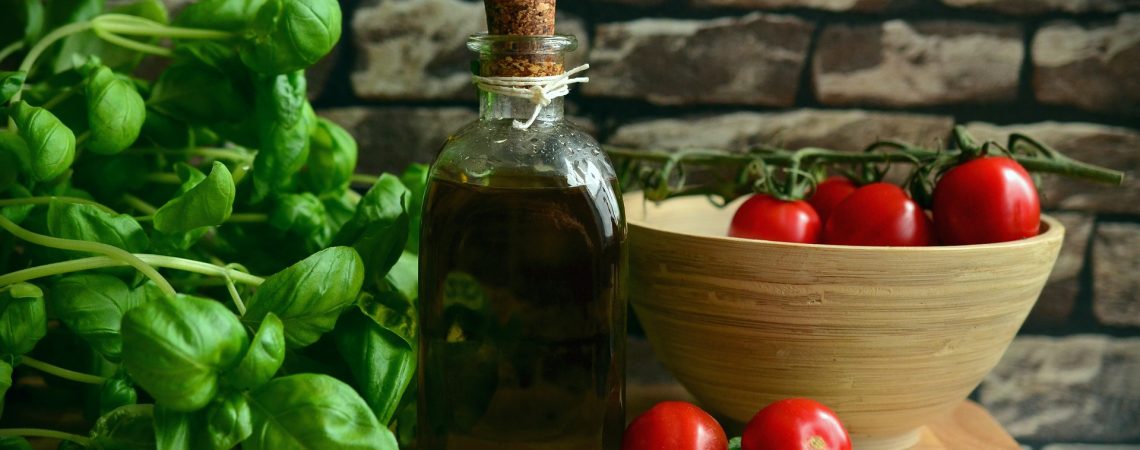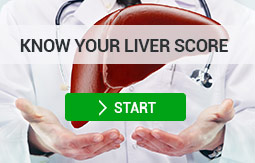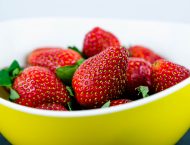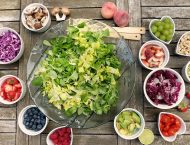People who eat a Mediterranean diet show low risks of many diseases. We look at what this diet is, the science behind it and what foods you should and should not be eating as part of the Mediterranean diet.
What’s in this article
- What is a Mediterranean Diet?
- How Will It Help My Liver?
- Foods to Eat as Part of a Mediterranean Diet
What is a Mediterranean diet?
The Mediterranean diet is built on traditional foods that people used to eat in countries like Italy and Greece around 60 years ago. Researchers have noted that these people were extremely healthy compared to Americans and also had a low risk of many diseases.
This diet consists of eating mainly plant-based foods like fruits and vegetables, whole grains, legumes, and nuts. The diet also focuses on replacing fats such as butter with healthy fats like olive oil and canola oil. To season foods while eating a Mediterranean diet you would replace salt as seasoning with herbs and spices. There is also a limit to how much red meat is eaten, usually limiting it to only a few times a month.
How will it help my liver?
When the liver is damaged it releases alanine transaminase into the bloodstream creating high ALT levels. A study by the Department of Nutrition & Dietetics, Harokopio University, Greece looked at the possible impact of three different diets on liver enzymes of 259 obese candidates. The 6 and 12-month checks on the patients showed that the ALT levels decreased significantly in those eating the Mediterranean diet. This was a substantial difference compared with those eating the other two dietary profiles. This trial suggests that a Mediterranean diet could have a positive effect on ALT levels, and that the decreased ALT levels were not caused by weight loss in the candidates.
Researchers at the St. Vincent’s Hospital Melbourne, Australia found that this diet reduces the fat accumulated in the liver. The Mediterranean diet also improves insulin sensitivity in insulin-resistant subjects with nonalcoholic fatty liver disease. Increasing insulin sensitivity is important as it improves the body’s ability to store the carbs you eat as muscle glycogen instead of as fat.
Foods to eat as part of a Mediterranean diet
What to eat: Vegetables, fruits, nuts, seeds, legumes, potatoes, whole grains, bread, herbs, spices, fish, seafood and extra virgin olive oil. Learn more here.
Eat in moderation: Poultry, eggs, cheese, and yogurt
Rarely eat: Red meat
What not to eat: Refined sugars, processed meats, refined grains, refined oils and trans fats and other highly processed foods. Learn more here.
Of course, the Mediterranean diet differs depending on the country so these are basic food groups that make up this healthy way of eating. Implementing this diet will help give you the energy needed to incorporate other healthy lifestyle habits, such as partaking in regular physical activity making time for more family dinners.
Learn about how to keep your liver healthy with Lauren Wagner RD and Amsety by watching this short video.
References
ncbi.nlm.nih.gov
healio.com

 (442) 244-5115
(442) 244-5115














